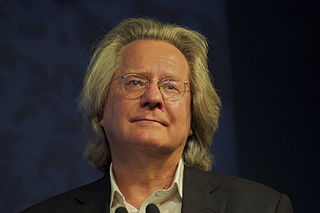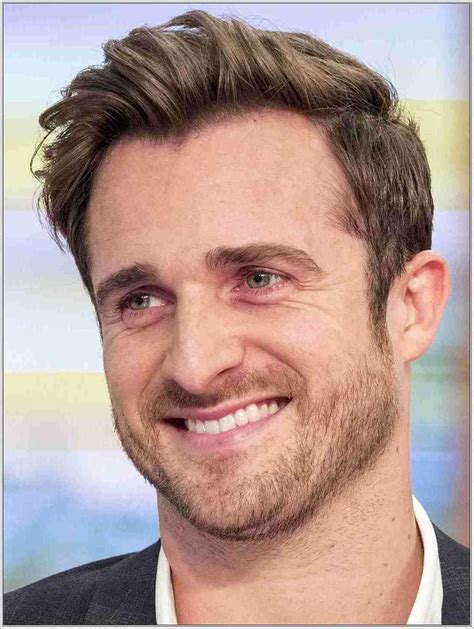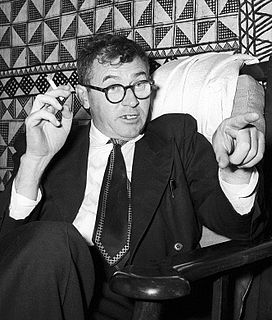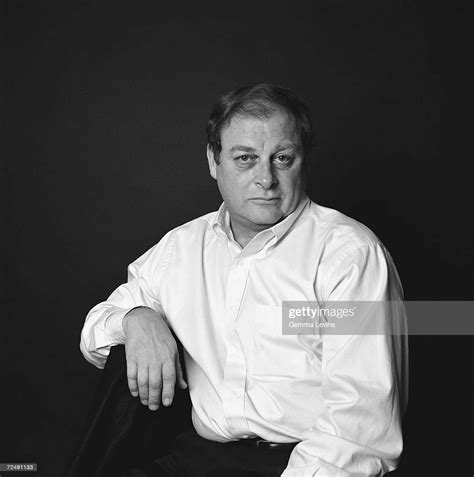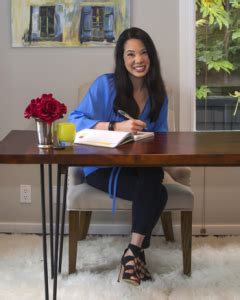A Quote by Marshall Goldsmith
The more we are committed to believing that something is true, the less likely we are to believe that its opposite is true, even in the face of clear evidence that shows we are wrong.
Related Quotes
There are two magic acts I want to pull off when I write. One is creating a feeling that when you're inside a book, you believe everything you're reading even when you know it's not true. And the second is an extension of that, which is you know it's not true, you know it's not real, but you believe it anyway. And it's that believing of the story that isn't real that attracted me to writing and storytelling in general.
[True beauty] seeps into you. It doesn't make you forget yourself, but totally the opposite. It connects you with everything and fills you with awe that you share the same space with something that glorious. Like a sunrise or a clear blue day or the most extraordinary piece of glass. And then suddenly...you have this epiphany that there's more to the world than just you and what you want or even who you are.
Maybe scientists are fundamentalist when it comes to defining in some abstract way what is meant by 'truth'. But so is everybody else. I am no more fundamentalist when I say evolution is true than when I say it is true that New Zealand is in the southern hemisphere. We believe in evolution because the evidence supports it, and we would abandon it overnight if new evidence arose to disprove it.
Women are far more likely to follow orders to evacuate, especially women with children. At the same time, women were much more likely to die during the South Asian tsunami. In some villages it was 3 to 1. And that was party because of the average strength it takes to hold onto something. Also it was cultural; women were less likely to know how to swim, as were children. So much of this is based on how we develop our own survival skills before something goes wrong: Even if nothing goes wrong, it might be good to know how to swim.



